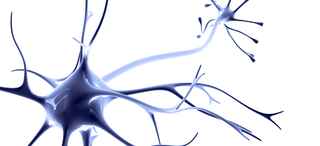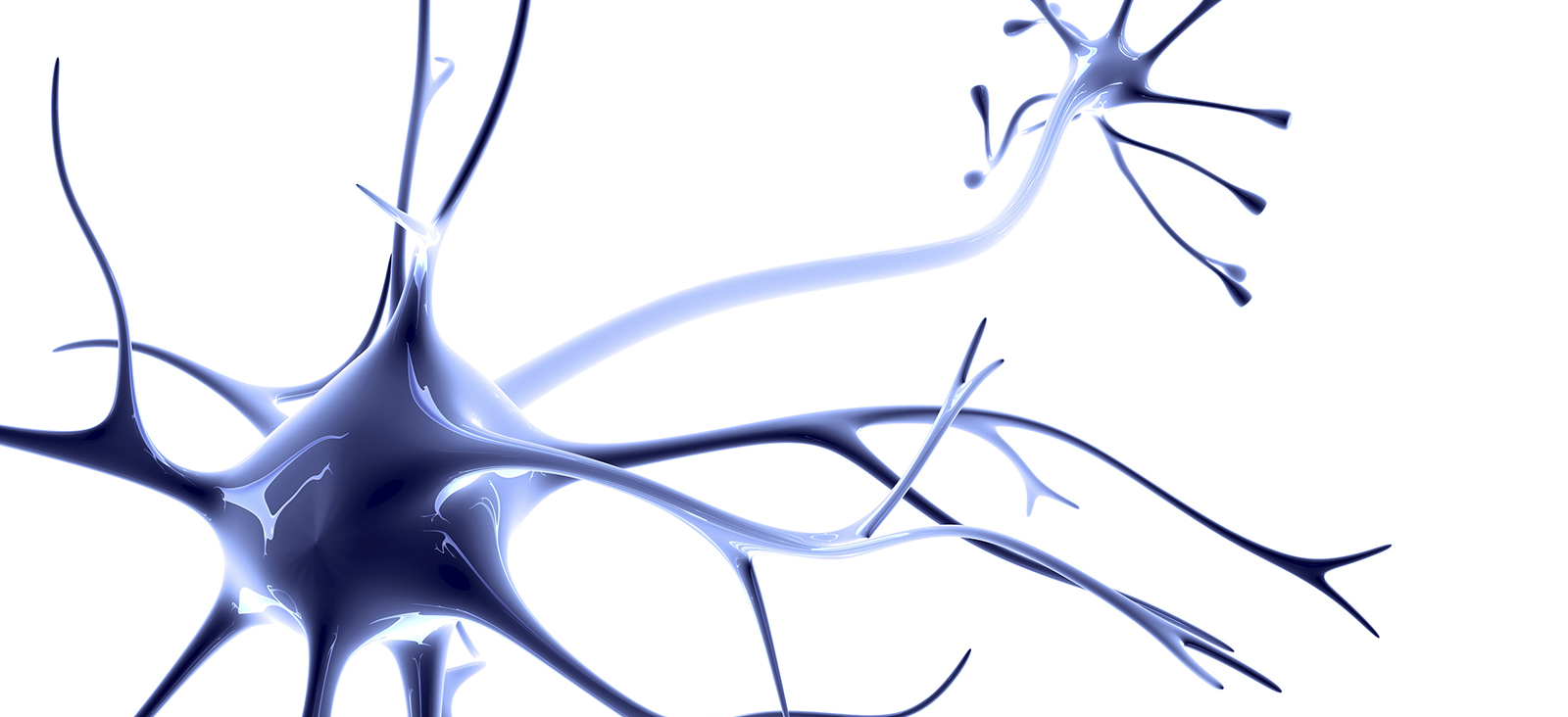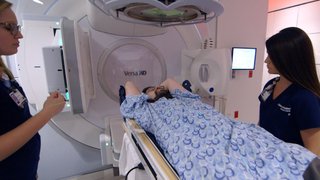Expertise in Treating Central Nervous System Tumors
Nervous system tumors develop in the brain and spinal cord and can be either benign (noncancerous) or malignant (cancerous). Tumors that begin in the central nervous system are primary tumors, and tumors that begin elsewhere in the body and spread to the central nervous system are secondary (metastatic) tumors.
At UT Southwestern, specialists from three of our nationally known centers – the Harold C. Simmons Comprehensive Cancer Center, the Spine Center, and the Peter O’Donnell Jr. Brain Institute – work together to treat people with central nervous system tumors. We bring the latest advancements in diagnosis, treatment, and other services from the research lab to the patient’s bedside.
As part of the Annette G. Strauss Center for Neuro-Oncology, we provide access to a number of clinical trials and research programs dedicated to providing better and more effective treatment options for nervous system tumors. We invite you to search for brain or spinal cord tumor clinical trials.
Symptoms of Nervous System Tumors
Signs and symptoms of central nervous system tumors vary, depending on their location and size. Tumors can press on various areas of the brain or spinal cord, which typically cause symptoms in the parts of the body that are controlled by those areas.
Brain tumor symptoms can include:
- Headaches
- Seizures
- Difficulties with vision, hearing, and speech
- Loss of appetite
- Nausea and vomiting
- Concentration, personality, mood, or behavior changes
- Loss of balance and difficulty walking
- Weakness and fatigue
Spinal cord tumor symptoms can include:
- Back pain or pain that runs from the back toward the arms or legs
- Changes in bowel or urination habits
- Weakness or numbness in the arms or legs
- Difficulty walking
Diagnosis of Nervous System Tumors
At UT Southwestern, our doctors conduct a thorough evaluation, which will include a:
- Neurological exam
- Discussion of personal and family medical history
- Discussion of symptoms and risk factors
Depending on each patient’s individual case, our doctors might recommend one or more tests, such as:
- Magnetic resonance imaging (MRI) scan: MRI uses radio waves and a strong magnet to produce detailed images of the brain and spinal cord.
- Computed tomography (CT) scan: CT uses specialized X-rays with or without a contrast agent to produce cross-sectional 3D images of the brain and spinal cord.
- Visual field exam: This test measures central vision (vision when looking straight ahead) and peripheral vision (vision in all other directions while staring straight ahead). Vision loss could be a sign of a tumor affecting parts of the brain that manage eyesight.
- Biopsy: Our neurosurgeons can take a small tissue sample for analysis under a microscope.
- Genetic testing: If our doctors suspect that a patient might have an inherited genetic syndrome, we can recommend genetic testing and counseling.
Treatment for Nervous System Tumors
Treatment options for central nervous system tumors vary, depending on the type of tumor, its size, and its location, as well as whether it is cancerous. Learn more about treatment options for the main types of central nervous system tumors:
Support Services
We offer a variety of support services for patients with cancer and their families, such as:






